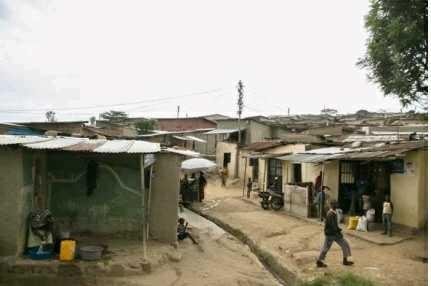Rwanda fights poverty and hunger
Feted for Rwanda’s economic miracle, President Paul Kagame now faces the far larger task of reforming the country’s economy to make it more inclusive.
President Kagame’s government will need to craft new measures to fight poverty and expand social safety nets targeting vulnerable people living in rural areas.
In what appears to be a move to fast-track implementation of his development agenda, President Kagame appears to be giving more power to young turks in influential government positions.
“Resist attempts to discourage you or slow you down. Fight back. Do what you know is right for your country, what you have been trained to do,” he said, during the recently concluded Leadership Retreat at the Rwanda Defence Combat Training Centre — Gabiro, a military facility in Rwanda’s Eastern Province.
For the past two decades, President Kagame’s government has defied expectations by achieving robust growth averaging around 7 per cent annually, come close to doubling per capita income, reduced poverty from around 60 per cent to under 30 per cent and lowered income inequality, and the Gini coefficient has dropped from 0.52 in 2005 to 0.45 in 2014 according to the International Monetary Fund.
In spite of these advances, the country still has severe malnutrition among children under five, estimated at 38 per cent countrywide according to 2015 Demography Health Survey, well below the national target for the reduction of malnutrition to 18 per cent by 2018.
